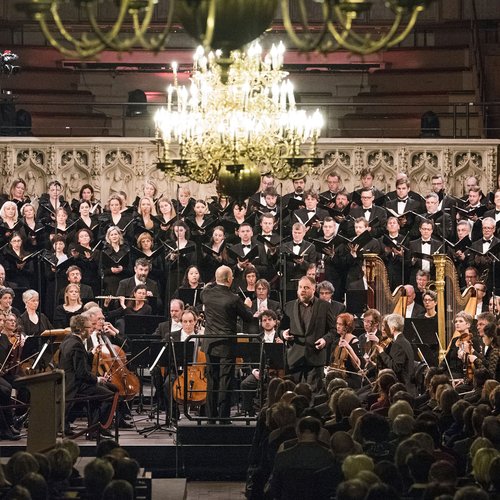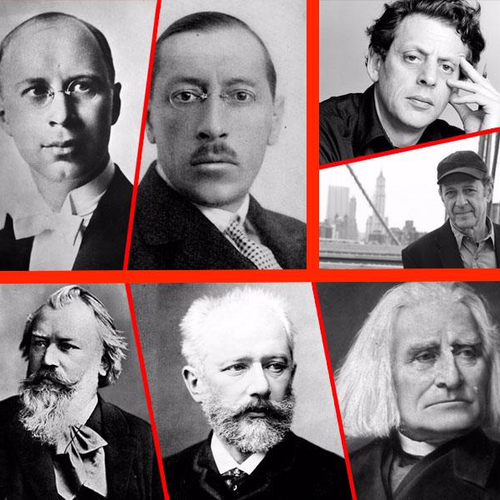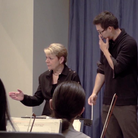Brahms: 15 facts about the great composer
Johannes Brahms is one of the Romantic period's most revered and popular composers - but how much do you really know? Here are 15 essential facts about the great man.
-
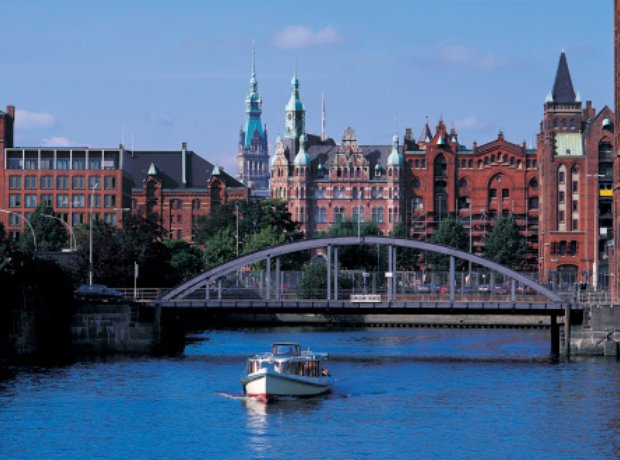
1. Brahms is born!
Johannes Brahms was born on May 7th 1833 in Hamburg, Germany.
-
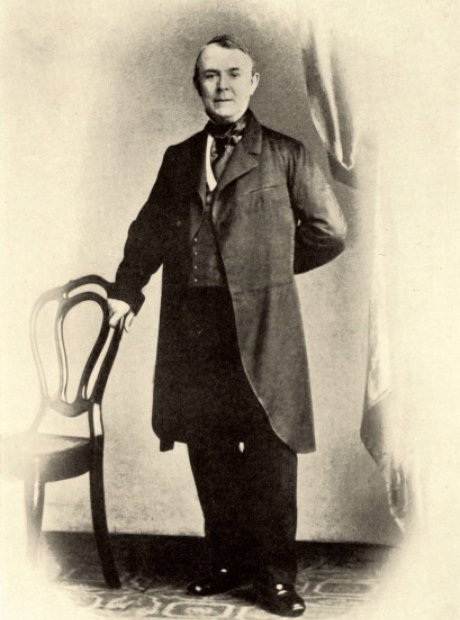
2. Son to a musical spare man
Brahms' father, Jokob (pictured), found employment as a jobbing musician, mostly getting work from playing the double bass and the French horn.
-
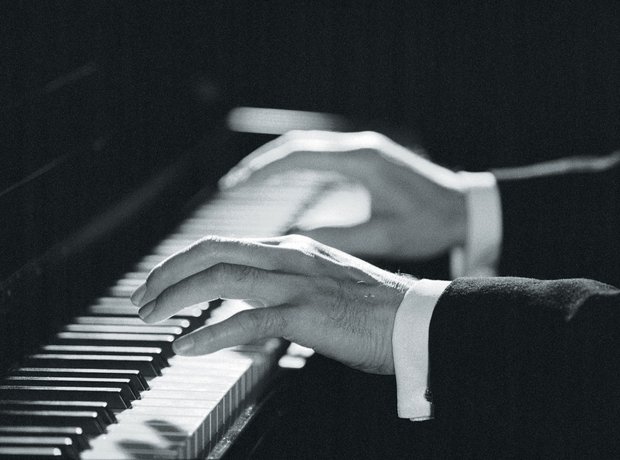
3. Earning a crust
The young Brahms was forced to play the piano in dance halls to contribute to the family's income as they were so poor.
-
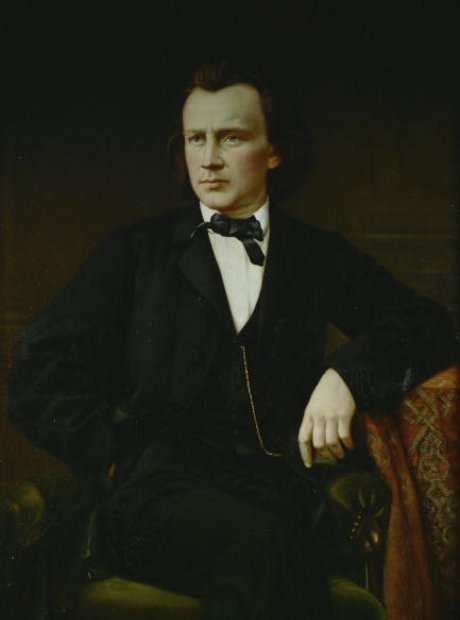
4. Embarrassing early compositions?
An early starter, Brahms began composing when he was just 11. However, when he was older, he found them a bit embarrassing and destroyed the majority of them.
-
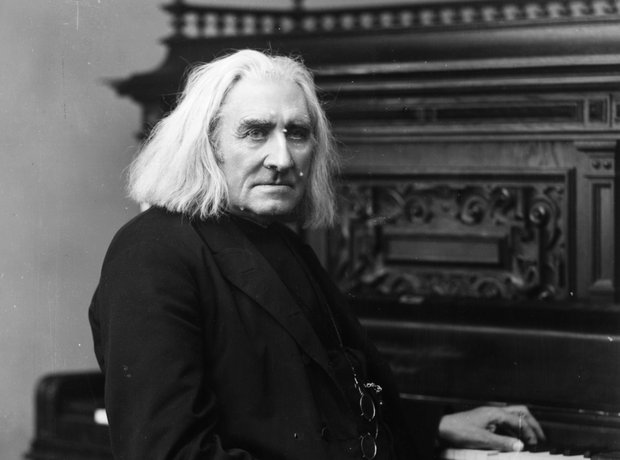
5. Sleeping on the job
Brahms apparently upset his host when he saw Liszt perform his own Sonata in B Minor at the Court of Weimar. Claiming that he was exhausted from travelling, Brahms fell asleep while the work was being played.
-
-
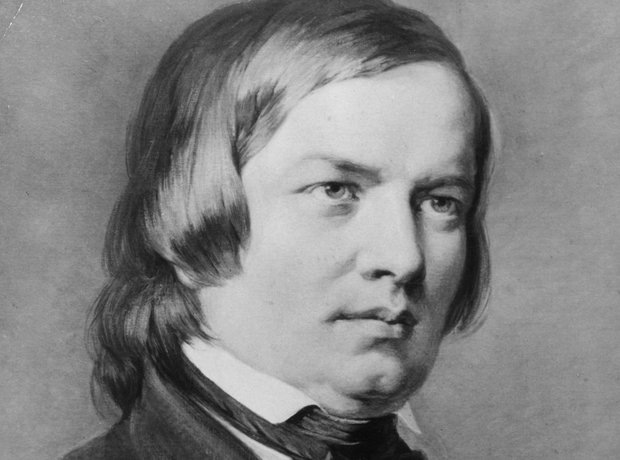
6. New Paths
Robert Schumann was so impressed with Brahms' talent when they met that he was inspired to write an essay entitled 'Neue Bahnen' ('New Paths') which gave Brahms a lot of publicity.
-
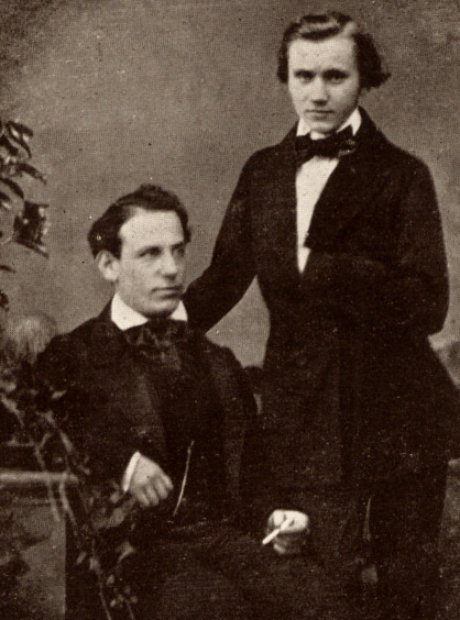
7. Gypsy influence
Brahms met a Hungarian refugee and violinist by the name of Eduard Remenyi (left) in 1850, and was introduced to a whole range of folk and gypsy music that massively influenced his composing style.
-
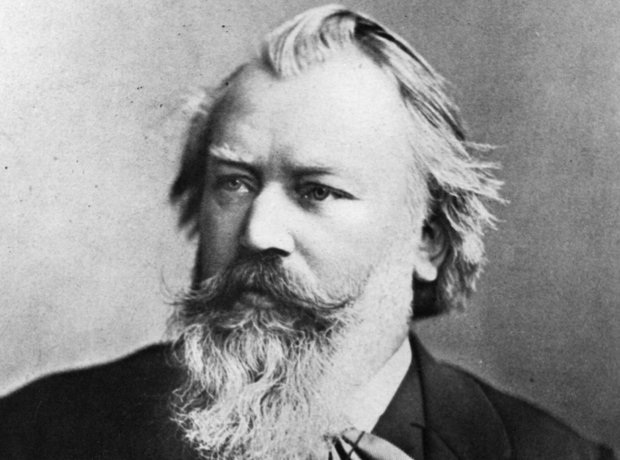
8. An epic first symphony
Although Brahms began composing his first symphony in 1854, it wasn't premiered until November 1876, 22 years later. The whole piece underwent severe edits until he was completely happy with it.
-
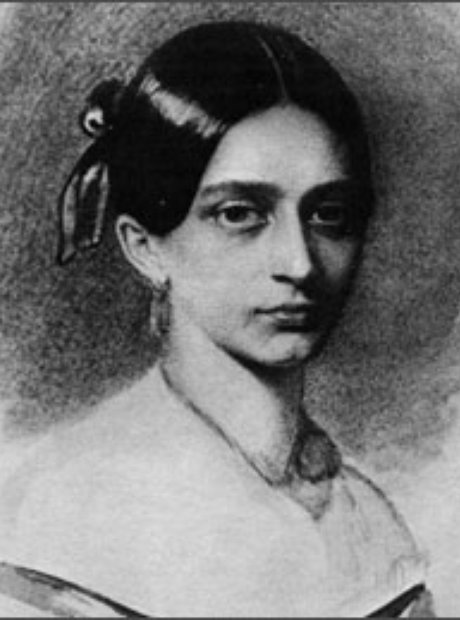
9. A shoulder to cry on
When Schumann died in 1856, Brahms immediately went to Düsseldorf to be with Schumann's wife, Clara. It's unclear exactly what kind of relationship the two had, but they destroyed a large amount of their letters to each other, possibly suggesting that they had something to hide…
-
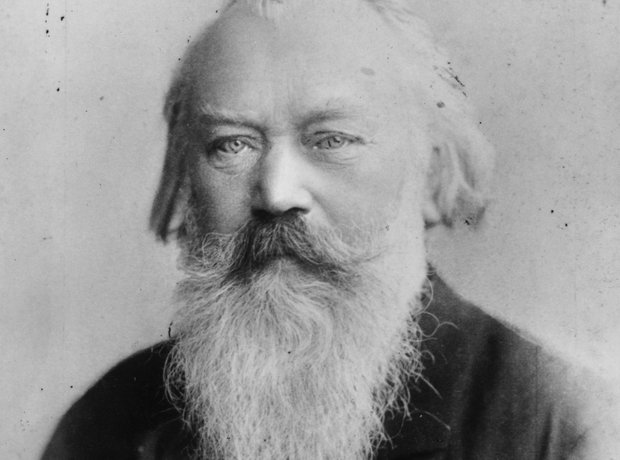
10. The War of the Romantics
The so-called War of the Romantics was basically a musical argument between composers like Wagner and Liszt, who represented a more radical approach to music, and more conservative artists like Brahms and Clara Schumann. As a result, Brahms has always been seen as something of an old-fashioned composer, despite still being extremely popular today.
-
-

11. An outdoor type
Brahms was very much an outdoors-y sort. When he wasn't travelling around Europe for concert tours, he was fond of travelling to the hills of Italy for walking holidays and to retreat for solitary composing.
-
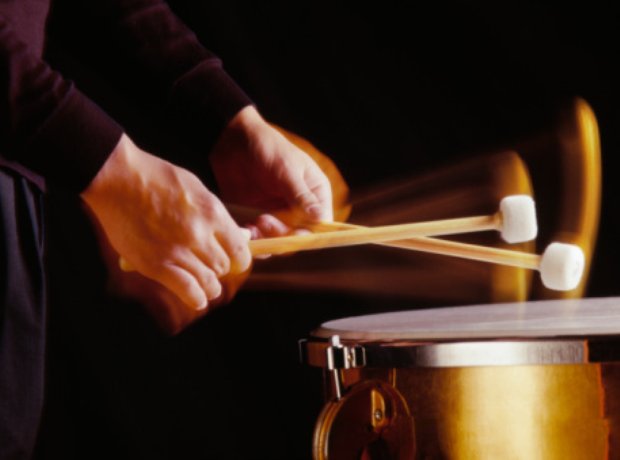
12. Inspired by grief
When his mother died in 1865, Brahms was overcome with grief. It is speculated that this led him to compose his German Requiem, one of the most celebrated works from his career. However, the premiere of the piece was a disaster - the timpanist misread the dynamics as 'ff' (very loud) instead of 'pf' (quiet) and drowned the other musicians out.
-
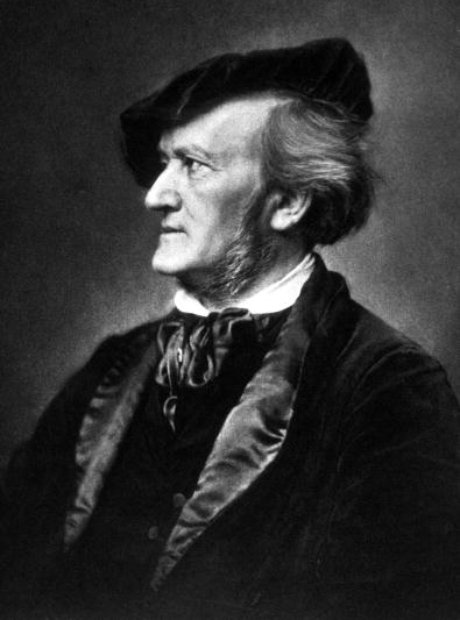
13. Wagner - not a fan
Perhaps due to their musical opposition to one another, Wagner (pictured) and Brahms weren't exactly best friends when they met in Vienna in 1864, after Brahms moved there to direct the Vienna Singakademie. Wagner later attacked Brahms in the press.
-

14. Early retirement?
When he was 57, Brahms announced that he was finished with composing. However, he was clearly unable to stop his creativity - he produced some incredible late-period works, especially for the clarinet, like his Clarinet Sonatas, Trio and Quintet.
-
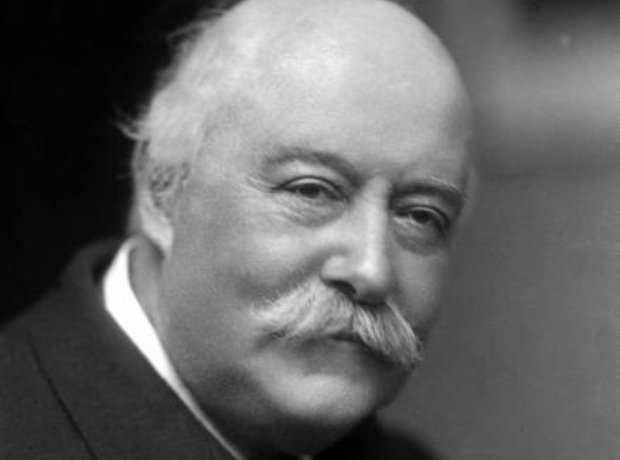
15. Death
Brahms died of either pancreatic or liver cancer (evidence is unclear) on April 3rd 1897. The British composer Hubert Parry (pictured) composed a musical tribute to him, his Elegy for Brahms, in the same year.

